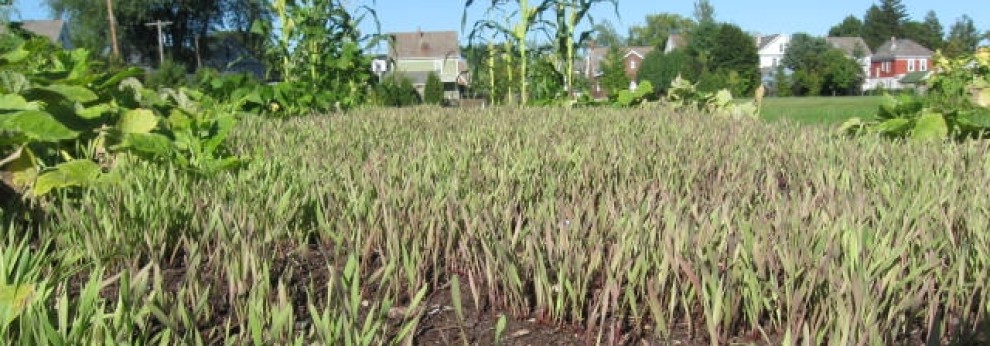 Not that taking care of a vegetable garden and creating hands-on teaching and learning opportunities in isn’t enough to do, the Vegetable Project seeks to develop an outdoor classroom at Myers Middle School. But why? Why would we stay up nights thinking about taking on more? The garden beds already saddle us with those time-consuming fundraising initiatives, like soliciting Boxtops for Education, and those time-consuming chores in the garden, like weeding and watering. Why isn’t that enough? And why in the world would we harbor thoughts about taking lessons learned tackling an ambitious project at one school to others around town?
Not that taking care of a vegetable garden and creating hands-on teaching and learning opportunities in isn’t enough to do, the Vegetable Project seeks to develop an outdoor classroom at Myers Middle School. But why? Why would we stay up nights thinking about taking on more? The garden beds already saddle us with those time-consuming fundraising initiatives, like soliciting Boxtops for Education, and those time-consuming chores in the garden, like weeding and watering. Why isn’t that enough? And why in the world would we harbor thoughts about taking lessons learned tackling an ambitious project at one school to others around town?
Well, the Alabama Outdoor Classroom Program identifies a few benefits (and we explore those big Why questions additional when we can). The program says in its Planning Guide that an outdoor classroom
- provides an alternative classroom setting
- includes learning stations for hands-on activities
- introduces students to nature and the outdoors
- provides multi-disciplinary teaching/learning opportunities
- increases local community and business support for the school
- increases parent involvement in the school
- establishes habitat for local wildlife
- helps beautify the campus
- provides teaching/learning opportunities about wildlife and related natural resources
- engages students in active, hands-on/minds-on learning
- provides real-world experiences in a living laboratory
- creates fun and exciting learning environments
- helps connect students to their environments and communities
- makes learning locally relevant
- enhances biodiversity
- helps teachers and administrators reach out to at-risk students
- offers alternative teaching strategies for learning-disabled students
- provides service-learning projects for students
- develops a sense of stewardship in our children for the Earth’s natural resources
- provides opportunities for students to work as a team
- demonstrates to students that they can make a difference
- helps combat childhood obesity
- teaches responsibility
- provides an alternative to costly field trips
- excites educators about teaching
- and motivates students about learning.
That actually is a pretty long list of benefits. We, however, completely agree.
—Bill Stoneman












